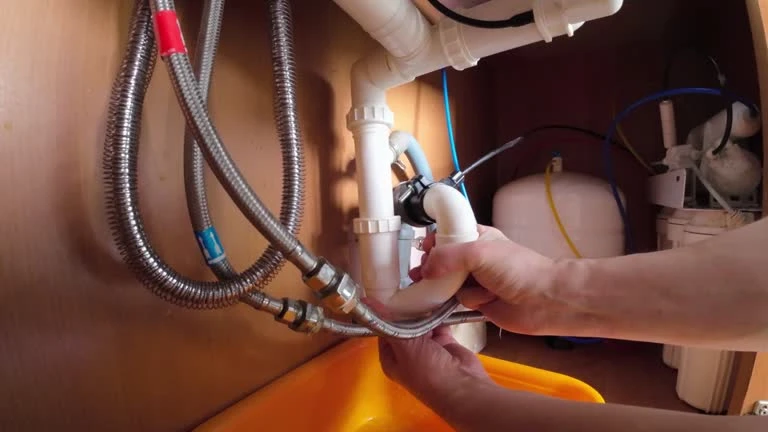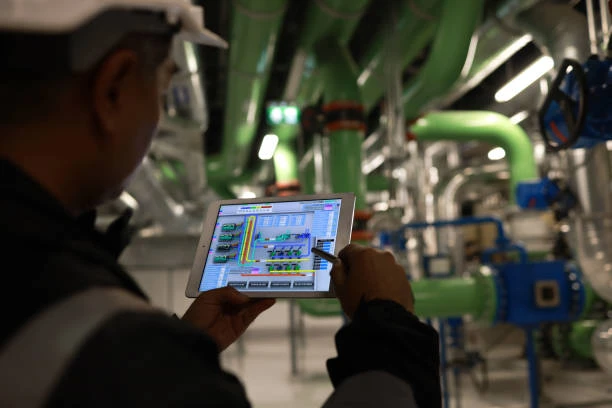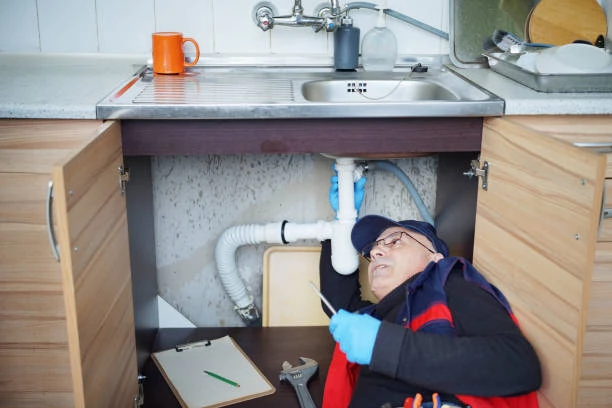PVC (polyvinyl chloride) valves play a crucial role in water treatment processes, offering a reliable and efficient solution for managing the flow and control of water in various treatment systems. The unique properties of PVC make these valves an ideal choice for handling water treatment tasks, from filtration to distribution. Their widespread use in the industry stems from their durability, chemical resistance, cost-effectiveness, and ease of installation.
Durability and Longevity
PVC valves provide long-lasting performance in water treatment systems. Their material composition ensures resistance to wear and tear, which prolongs the lifespan of the valves. Unlike metal valves, which may corrode over time due to constant exposure to water and chemicals, PVC valves maintain their structural integrity. This resistance to corrosion and chemical degradation makes them a preferred choice in environments where water contains various treatment chemicals, such as chlorine, which could otherwise damage metal components. The durability of them reduces the frequency of replacements, contributing to lower maintenance costs.
Chemical Resistance
The chemical resistance of them significantly contributes to their effectiveness in water treatment applications. These valves withstand exposure to a wide range of chemicals used in water treatment, including acids, alkalis, and disinfectants. This resistance ensures that the valves remain functional and do not deteriorate, even when subjected to harsh chemical environments. As a result, PVC valves support consistent water quality by preventing contamination that could occur with less resistant materials. Their ability to handle various chemicals without reacting or breaking down enhances the safety and reliability of water treatment systems.
Cost-Effectiveness
PVC valves offer a cost-effective solution for water treatment facilities. Their manufacturing process involves lower costs compared to metal valves, resulting in a more affordable product. Additionally, the reduced need for maintenance and the long lifespan of them contribute to their overall cost efficiency. The initial investment in PVC valves quickly pays off, especially when considering the lower operational costs associated with their use. Their lightweight nature also reduces transportation and installation costs, further enhancing their value in water treatment systems.
Ease of Installation and Maintenance
The lightweight and flexible nature of them simplifies their installation in water treatment systems. These valves require less effort and fewer specialized tools during installation, reducing labor costs and time. The simplicity of the installation process makes PVC valves an attractive option for both new water treatment plants and retrofitting existing systems. In addition to ease of installation, PVC valves require minimal maintenance. Their resistance to corrosion and chemical damage reduces the need for frequent inspections and repairs, allowing water treatment facilities to operate more efficiently without constant valve-related interruptions.
Versatility in Applications
PVC valves serve a variety of functions within water treatment systems. Their versatility allows them to control flow, isolate sections of the system, regulate pressure, and prevent backflow. These functions prove essential in various stages of water treatment, from the initial intake and filtration to the final distribution of treated water. PVC valves perform well in different parts of the system, whether managing large volumes of water in main distribution lines or controlling smaller flows in secondary treatment processes. Their adaptability ensures that they meet the specific needs of diverse water treatment applications.
Environmental Impact
PVC valves contribute positively to the environmental sustainability of water treatment systems. The production of them consumes less energy compared to the manufacturing of metal valves, resulting in a smaller carbon footprint. Additionally, the long lifespan and minimal maintenance requirements of PVC valves reduce the need for frequent replacements, thereby decreasing material waste. Furthermore, PVC as a material remains recyclable, offering the potential for repurposing at the end of the valve’s life cycle. The use of PVC valves aligns with environmentally conscious practices in the water treatment industry.
Energy Efficiency
PVC valves enhance the energy efficiency of water treatment systems. Their smooth internal surfaces reduce friction, allowing water to flow more freely through the system. This reduction in friction minimizes the energy required to pump water, leading to lower energy consumption and operating costs. The energy-efficient performance of PVC valves supports the overall sustainability of water treatment facilities, particularly those striving to reduce their environmental impact. By lowering energy use, these valves contribute to more sustainable and cost-effective water treatment operations.
Compatibility with Modern Systems
The compatibility of PVC valves with modern water treatment systems ensures their continued relevance in the industry. These valves integrate seamlessly with existing equipment, including pumps, pipes, and filtration systems. Their standard dimensions and connection types allow for easy replacement or upgrade of older valves without requiring significant modifications to the system. The adaptability of PVC valves supports the ongoing improvement of water treatment facilities, ensuring that they meet the evolving demands of the industry.
Reliability in Diverse Conditions
PVC valves perform reliably in various environmental conditions. They withstand temperature fluctuations, UV exposure, and moisture without compromising their functionality. This reliability proves essential in water treatment systems that operate in diverse climates and under different conditions. Whether in outdoor installations exposed to the elements or indoor systems subjected to varying temperatures, PVC valves maintain consistent performance. Their ability to function under a wide range of conditions makes them a dependable choice for water treatment facilities worldwide.
Safe Handling of Drinking Water
PVC valves contribute to the safe handling of drinking water. The non-toxic nature of PVC ensures that these valves do not leach harmful substances into the water. This property makes PVC valve suitable for potable water applications, where maintaining water purity is of utmost importance. The valves do not react with the treated water or introduce contaminants, ensuring that the final product remains safe for consumption. The use of PVC valve in drinking water systems supports public health by providing a reliable means of controlling and distributing clean water.
Contribution to System Efficiency
The use of PVC valves in water treatment systems enhances overall system efficiency. Their ease of operation, reliability, and minimal maintenance requirements allow water treatment plants to function smoothly with fewer interruptions. The consistent performance of PVC valves reduces the risk of system failures, ensuring that water treatment processes remain continuous and effective. This contribution to system efficiency proves particularly valuable in large-scale water treatment facilities, where downtime can have significant consequences for water supply and quality.
Conclusion
PVC valves have become a cornerstone of water treatment systems due to their durability, chemical resistance, cost-effectiveness, and ease of installation. Their versatility and reliability make them an indispensable component in various stages of water treatment, from filtration to distribution. By offering a solution that enhances system efficiency, reduces maintenance costs, and supports environmental sustainability, PVC valves meet the needs of modern water treatment facilities. As the demand for clean and safe water continues to grow, PVC valves will play a crucial role in ensuring the efficient.
Connect
IFAN is a Chinese manufacturer of plastic pipes, fittings and valves with 30 years of experience. If you are interest in IFAN copper fittings, copper valves, plastic pipes and fittings, please contact us. IFAN offers you a variety of standard pipes to meet your specific needs. Click below to learn more about IFAN’s wide range of affordable and cost-effective valve products and piping system related products.
We will reply your email or fax within 24 hours.
You can call us at any time if there is any question on our production.
For more information,pls visit our webside https://waterpipefitting.com/
Pls Mailto: [email protected]
Whatsapp: + 86 19857948982














Recent Comments